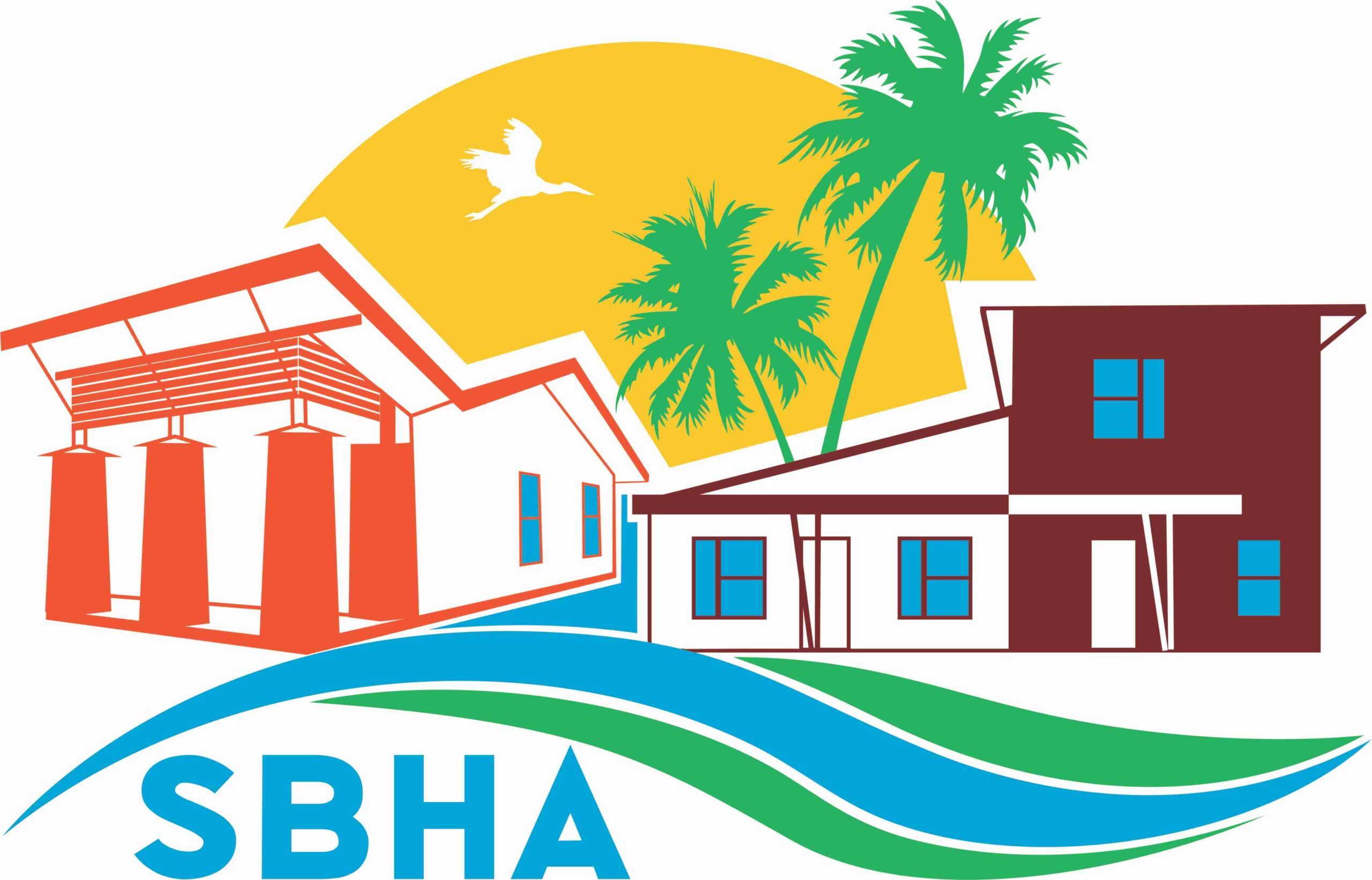Housing Choice Voucher Program
The Housing Choice Voucher (HCV) program (Section 8) is a federally funded program that helps families pay their rent. This assistance is in the form of a voucher provided to low-income families, seniors, and persons with disabilities for rental units chosen by the tenant in the private market. Many landlords accept the Housing Choice Voucher program because the rent is dependable and families tend to be better than average. The family would be able to choose from manufactured homes, apartments, duplexes, and single-family homes. Once the family finds a suitable unit, a physical inspection needs to be conducted to ensure that it meets all program requirements. The housing authority executes a contract with the landlord to pay rent on the family’s behalf. The program’s primary purpose is to provide rental assistance to families of very-low to moderate income for affordable, decent, safe, and sanitary housing in the private rental market.
Housing choice vouchers are administered locally by public housing agencies (PHAs). The PHAs receive federal funds from the U.S. Department of Housing and Urban Development (HUD) to administer the voucher program.
What is Project Based Voucher Units?
The project-based voucher (PBV) program is one part of the HCV program. It helps pay for rent in privately owned rental housing, but only in specific privately owned buildings or units. That means that if you get a project-based voucher, you don’t get to choose the unit you live in.
If you qualify for the PBV program, you will end up spending 30% of your income on your housing and your public housing authority will pay the rest.
Who Can Get It?
The project-based voucher program is for people with low income who are willing to live in specific housing units that are offered to them. Local public housing authorities contract with the owners of these units and when one of them is available, the PHA will offer it to someone who is on the waiting list. This is different from the tenant-based program, because if you accept PBV assistance, you do not get to choose the unit you live in nor do you get to keep your PBV benefit if you move due to the assistance being tied to the unit. An additional voucher must be available to provide assistance to the household at another property.
Who is Eligible?
Eligibility for a housing voucher is determined by the PHA based on the total annual gross income and family size and is limited to US citizens and specified categories of non-citizens who have eligible immigration status. In general, the family’s income may not exceed 50% of the median income for the county or metropolitan area in which the family chooses to live. By law, the PHA must provide 75 percent of its voucher to applicants whose incomes do not exceed 30 percent of the area median income. Median income levels are published by HUD and vary by location.
In addition to household income, the PHA reviews the criminal background, if any, for all household members age 18 and older.
How Do I Apply?
Openings on the waiting list for the Housing Choice Voucher Program will be announced through public notice. The public notice will be published in the local newspaper and posted on the website. It will state where, when, and how to apply.
If your name is already on the waiting list, you do not need to take any action. The PHA will maintain your name, date and time you applied. You are still required to update your personal information by submitting changes in writing. All applicants have the right to accept or decline housing assistance offer. Applicants who decline our offer will be withdrawn from the waiting list.
Who is Eligible?
Public housing is limited to low-income families and individuals. A Housing Authority determines your eligibility based on:
annual gross income
How Much Do I Pay?
Payment: The formula used in determining the tenant’s rental payment is the following:
30% of monthly adjusted income (after allowed deduction)
10% of monthly gross income
$50 minimum rent

